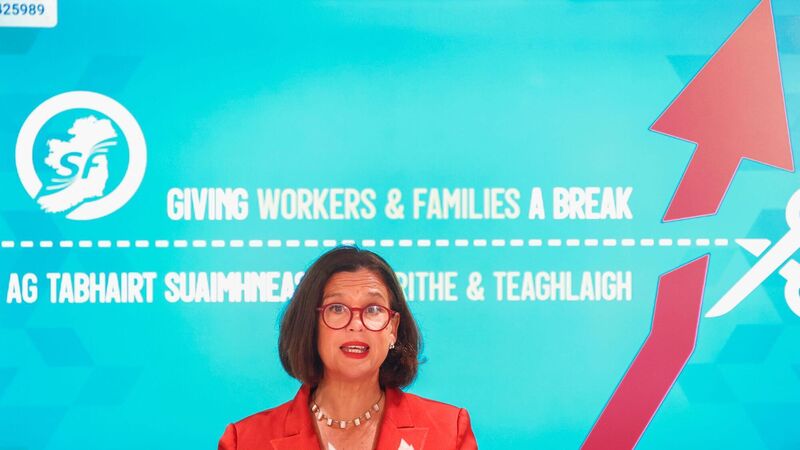Alison O'Connor: RTÉ in a vulnerable position when it comes to political power plays

RTÉ’s decision not to broadcast a pre-recorded interview with Shane Ross about his book on Mary Lou McDonald has proved to be controversial.
Will Shane Ross be pleased that his newly published book has caused controversy? Does a cat drink milk? Does a bear you-know-what in the woods?
The former transport minister could not wish for a better start to a publicity campaign for his unauthorised biography of Sinn Féin leader Mary Lou McDonald than the brouhaha over RTÉ dropping a pre-recorded interview.
Already a subscriber? Sign in
You have reached your article limit.
Subscribe to access all of the Irish Examiner.
Annual €130 €80
Best value
Monthly €12€6 / month
Introductory offers for new customers. Annual billed once for first year. Renews at €130. Monthly initial discount (first 3 months) billed monthly, then €12 a month. Ts&Cs apply.
CONNECT WITH US TODAY
Be the first to know the latest news and updates












